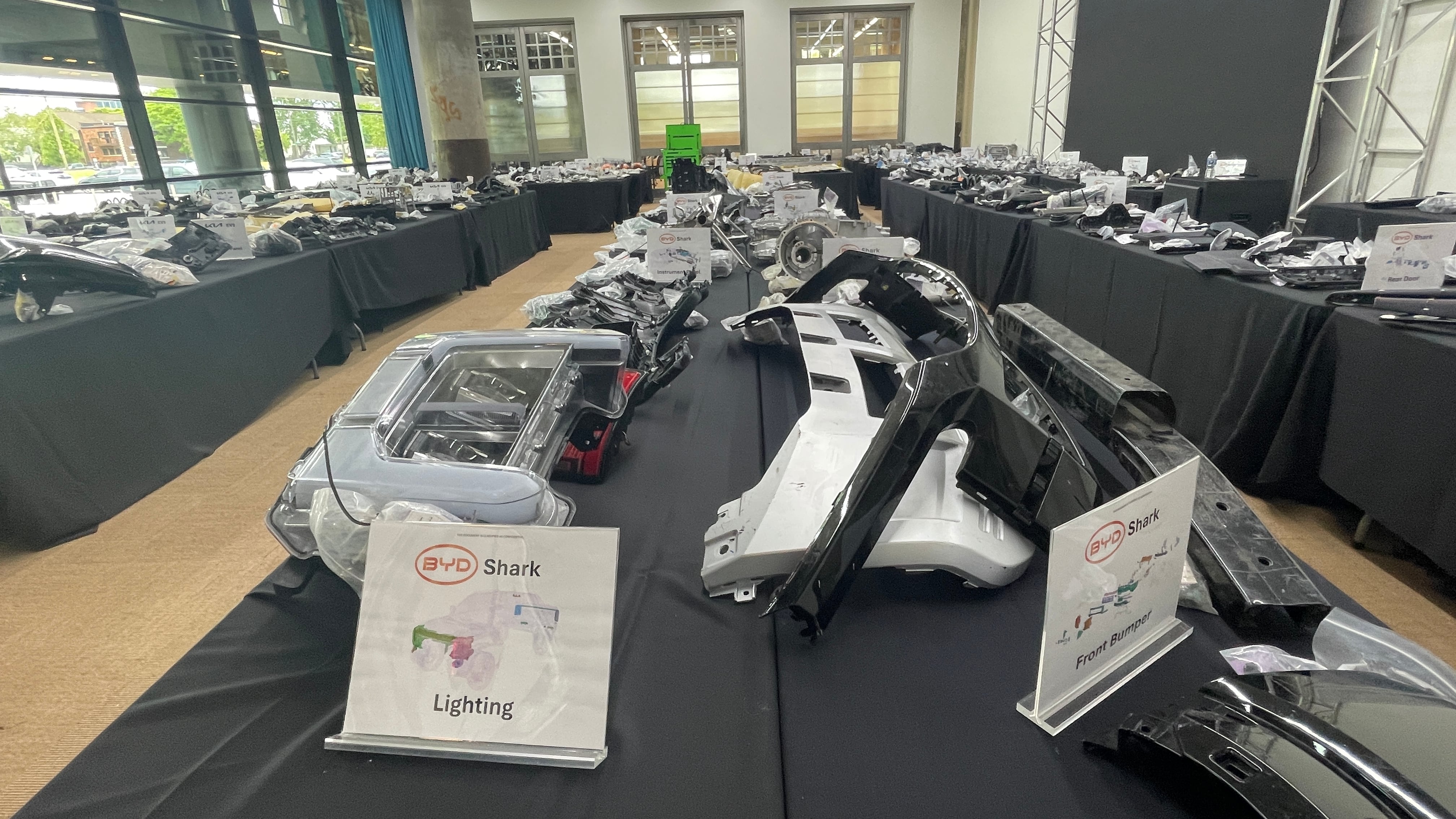So, I’ve been meaning to jot down some thoughts on how I keep up with what’s really going on in the car world, beyond just the flashy ads and the latest model releases. It’s a bit of a personal habit I’ve developed, and it revolves around finding reliable voices. That’s how I landed on keeping an eye out for stuff written by Pete Bigelow, particularly when I see his byline in Automotive News.
How I Got Started
Honestly, I got tired of the surface-level stuff. You know, the usual “this car does 0-60 in X seconds” or “look at this new infotainment screen.” I wanted to understand the guts of the industry, the ‘why’ behind the big shifts. I started poking around, looking for more in-depth reporting. I’d spend my evenings, after the kids were in bed, just browsing through industry publications, trying to piece things together. It wasn’t a formal thing, just me trying to get smarter about a topic I found increasingly complex.

I began to notice a pattern. Certain articles just had more… substance. They weren’t just repeating press releases. They were connecting dots, talking about supply chains, labor issues, the real tough decisions automakers face. And Pete Bigelow’s name kept popping up on pieces that made me go “aha!”
My Little Routine
It’s not like I have a shrine or anything, but I did find myself developing a bit of a routine. My process became pretty simple:
- When I’d see big news break – say, a major EV battery plant announcement, or a CEO shuffle at a big company – I’d consciously look for his take on it.
- I started paying more attention to the bylines in general, but his became one I’d actively seek out if I wanted a no-nonsense perspective.
- Sometimes I’d just browse the Automotive News site, and if I saw his name, I’d click on it, even if the headline wasn’t immediately grabbing. I learned that the real meat was often in the details he’d unearth.
It’s not like I agree with every single word, mind you. That’s not the point. The point was getting a viewpoint that felt grounded and well-researched. He seemed to be digging into the stuff that really affects how cars get made and sold, and what the future might actually look like, not just what the marketing departments want us to believe.
What I’ve Picked Up
Following this kind of reporting, particularly his work, really opened my eyes. I started to understand the immense pressure these companies are under, especially with the shift to electric vehicles and all the tech disruptions. It’s not just about building a cool car anymore. It’s about global economics, raw material sourcing, software, and a whole lot more.
I remember reading some pieces – I can’t recall the exact headlines now – that just laid bare the challenges in shifting a massive, century-old industry. It wasn’t doom and gloom, just a realistic look. It made me appreciate the complexity way more. I found myself discussing these things with friends, sounding way more informed than I used to be, ha!
It’s not about being an expert. For me, it’s about being a more informed consumer and just generally understanding a huge part of our economy and way of life. It’s kind of like knowing how your food is sourced, but for the things that get us from A to B. This practice of seeking out those more detailed, less sensationalized reports, often the kind I associate with writers like Bigelow, has been pretty rewarding. It’s a small thing, this little habit, but it makes a difference in how I see the automotive world. Just thought I’d share that little bit of my process.





